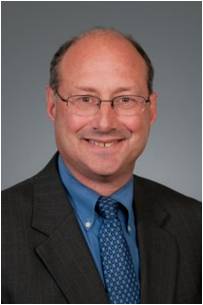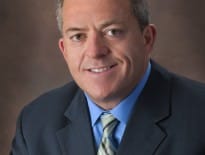Are landlords legally responsible for random murders that occur on their property? The short answer: It depends on the circumstances. Last September, the Massachusetts Appeals Court offered guidance on whether landlords can be held liable for negligence when criminal homicides happen on their properties.
Deborah Furr, a Brockton resident, had owned a two-family rental property in Dorchester since 1997. According to available records, she owned no other property in Boston. Most of her tenants were family members and friends residing in her building under unwritten leases or less formal arrangements. She received sporadic rent payments from her tenants. Little if any serious crime happened at the property, until she allowed Andrew Korgenay to move into her house in 2009. Furr and Korgenay agreed that he would lease the apartment from her after he found roommates. They did not agree on a rental amount, and rent was never paid. Korgenay vacated the apartment three weeks after moving in, after a deadly shooting took place there.
During Korgenay’s brief time in the apartment, he and his friends (including Furr’s son) threw a housewarming party, with guests paying a $5 cover charge. By midnight, 40 to 50 people had crowded into the apartment, many of whom had not been invited by the hosts. The party came to a violent end after midnight, when an unknown assailant fired gunshots, killing Carl Belizaire and wounding three others. Belizaire’s estate, represented by his sister, sued Furr in Superior Court for wrongful death, claiming that Furr was negligent for failing to keep Belizaire safe from gunplay during the party. Furr asked the court to enter summary judgment exonerating her from liability without a trial, and the court ruled in her favor. Belizaire’s sister appealed.
The Appeals Court noted that in order for Furr to be liable for negligently causing Belizaire’s death, the sister had to prove that: Furr owed a duty of care to Belizaire; Furr failed to discharge that duty; Belizaire’s shooting was reasonably foreseeable; and Furr’s negligence was the “proximate or legal cause” of Belizaire’s death.
No Duty To Protect
The court first considered Furr’s duty to protect Belizaire from criminal acts of third persons. According to the court, if Furr established a landlord-tenant relationship with Korgenay, her duty would be less than if no landlord-tenant relationship existed between them, because Furr would have less control over events at the apartment. The Superior Court had ruled that there was a landlord-tenant relationship between Furr and Korgenay, but the Appeals Court disagreed, noting that Korgenay’s living arrangement was too informal to be characterized as a tenancy.
Nevertheless, the Appeals Court refused to rule against Furr, because Belizaire’s death by shooting was not foreseeable to her. Generally speaking, landowners do not owe a duty to protect people from dangerous or unlawful acts by third persons. However, landlords cannot avoid liability by ignoring obvious criminal activities. For example, a hotel owner who knows about frequent criminal activity at the hotel can be held responsible for foreseeable harm that guests suffer from that activity. Similarly, a tavern owner who sees hostility among patrons can be held liable if he or she fails to intervene and a patron is injured in a barroom fight. As to Furr, the Appeals Court ruled that the attack on Belizaire was not foreseeable, because there was no evidence of prior violence at her property. The Appeals Court upheld the lower court’s judgment in favor of Furr.
Furr avoided liability because she had no relationship with Belizaire and there had been no prior shootings at her Dorchester property. While not mentioned as a reason behind the Appeals Court’s decision, it is noteworthy that Furr was not a major property owner. She maintained a single rental property primarily for the use of family and friends. One may speculate as to whether the courts would have ruled differently if the shooting had occurred at property owned by the Boston Housing Authority or another high-profile landlord.
Christopher R. Vaccaro is a partner at Dalton & Finegold LLP in Andover. His email address is cvaccaro@dfllp.com.




 |
| 


